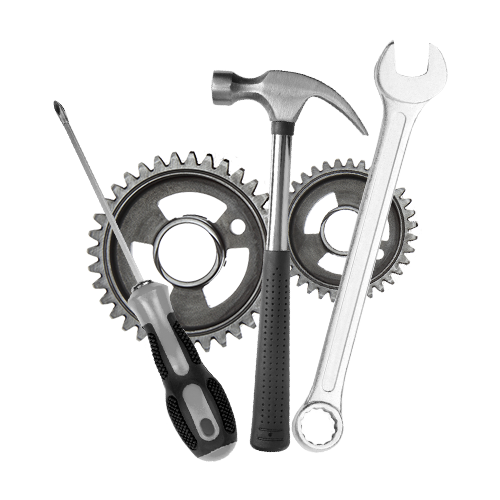

Year 1
Year 1 at university provides core modules that create the building blocks for your learning. You will be introduced to the core concepts in your discipline and build a broad knowledge base.
Scroll down to learn more


Level 1
During Year 1 you will be working at Level 1 to:
- have an accurate and thorough grasp of key ideas, theories and ways of investigating your subject-area
- make good use of reading and other materials suggested by your tutor; ask questions and evaluate the material that you are working with
- exercise some independence as a learner – planning and undertaking your studies without close direction from tutors.


Example 1
A biology student may be introduced to immunology, microbiology, genetics and cell biology. They may have the opportunity to develop critical thinking undertaking experimental techniques, data collection, analysis and interpretation.
Example 2
A law student will be provided with a firm foundation in key legal areas such as contract and criminal and constitutional law. They may have the opportunity to develop their critical thinking skills by discussing and reflecting on different aspects of the criminal and legal processes. They may also consider different political and cultural contexts in which criminal law operates.


Year 2
In Year 2 you build on this base of knowledge through more in-depth core modules. You can choose modules that are of specialist interest to you and you will become more adept at applying your knowledge in different contexts. You will start to work and research more independently.
Scroll down to learn more


Level 2
During Year 2 you will be working at Level 2 to:
- make informed use of the language, concepts and theories of your academic discipline/s as tools for investigation and analysis
- engage with a wider, more complex and challenging range of sources than at Level 1, including appropriate material that you have identified on your own initiative
- undertake a more sophisticated and searching analysis of a topic that shows recognition of the context, complexity and subtlety of different perspectives, including your own
- exercise greater independence as a self-directed learner who is able to research a subject without close direction from tutors.


Example 1
In mechanical engineering, opportunities to develop your critical thinking skills might involve being part of a group design project. The purpose of the project could be to design an autonomous electric-powered buggy to travel over a bumpy course and stop on a bulls-eye.
Example 2
In politics, you may explore globally significant topics such as foreign aid. You would need to critically examine the key concepts, definitions and motivations underlining these practices and the actual impact they have.


Year 3
In your final year, you will have a chance to undertake your own independent research project. This is where you can really demonstrate those critical thinking skills that you have developed over your time at university. You will have the opportunity to identify a research question or area of study of interest to you, and dedicate an extended period of time delving into a topic. Here you will be able to test hypotheses, design new products, create art work, deliver a performance, make radio documentaries or short films.
Scroll down to learn more


Level 3
During Year 3 you will be working at Level 3 to:
- be fluent in using the language, concepts and theories of your academic discipline/s as tools for investigation and analysis
- engage with a wide range of complex and challenging sources including appropriate material that you have identified on your own initiative
- undertake sophisticated and searching analysis of a topic that engages with the context, complexity and subtlety of different perspectives, including your own
- devise your own research question, select appropriate methodologies, analyse and present your findings for at least one independent research project.


Example 1
In media and communication studies, you may have the opportunity to work independently to produce a detailed specification for a new media project. This could be an app or animation involving pitching well-researched ideas in written and verbal form; implementing prototypes; presenting the ideas at key stages and critically evaluating the produced work.
Example 2
In English you may undertake an in-depth analysis of a novel or series of novels. This would require developing your own evidenced-based arguments in response to a research question that you have devised. Such a project offers the opportunity to further develop skills in critical thinking; independent working; planning and organisation; analysis; and flexibility of thought. It also allows you to use your knowledge and research skills.


